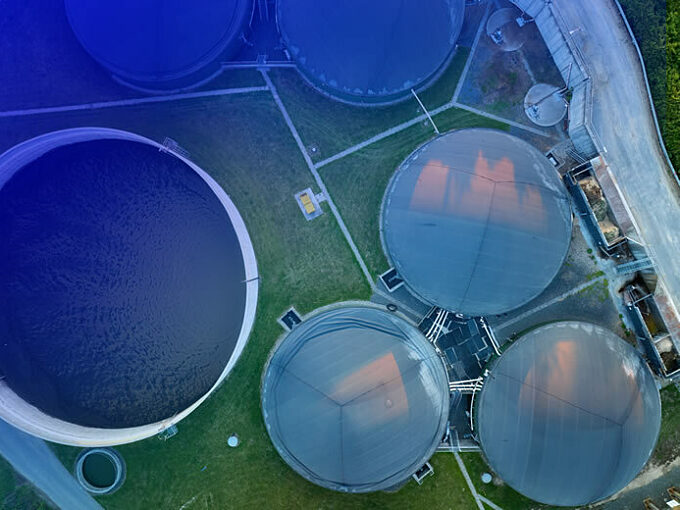Biogas and Biomethane Analysis Services
Combatting climate change and reducing our reliance on fossil fuels has become a global responsibility. Biogas and biomethane is a promising method of reducing carbon emissions while still using the current infrastructure. This renewable energy source, derived from organic waste, offers a multitude of environmental and economic benefits.

Here are some of the benefits of using biogas or biomethane:
- Reducing greenhouse gas emissions: Biogas helps tackle climate change by capturing hydrocarbons generated from the decomposition of organic waste, which are potent greenhouse gases with a higher global warming potential than carbon dioxide. By utilising biogas, we can make a significant impact on reducing emissions
- Replacing fossil fuels: Biogas displaces the use of fossil fuels, leading to a substantial reduction in carbon dioxide emissions
- Sustainable waste management: Biogas production diverts organic waste from landfills, providing a sustainable and efficient waste management solution for businesses
- Biomethane: Biogas can be upgraded to biomethane, a purified form with a higher concentration of methane. Biomethane can be injected into natural gas pipelines or used as a fuel for vehicles, further reducing our carbon footprint and promoting cleaner transportation
- Versatile energy resource: Biomethane can be used directly for heating and cooking, offering a reliable and sustainable alternative to fossil fuel-based options
- Biogas facilities can generate electricity. This means a reliable and sustainable energy source, powering communities and industries while reducing environmental impact
Lucideon is one of the very few laboratories accredited through UKAS for the latest biogas analysis standards. We ensure that your biogas meets all required regulations, safeguarding quality and sustainability.
» Our UKAS accreditation schedule can be found here
